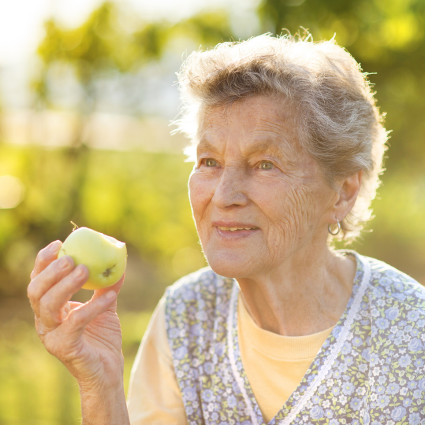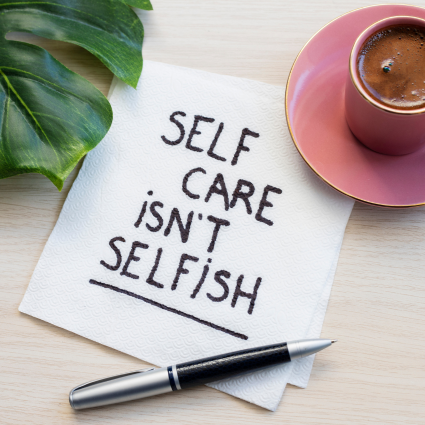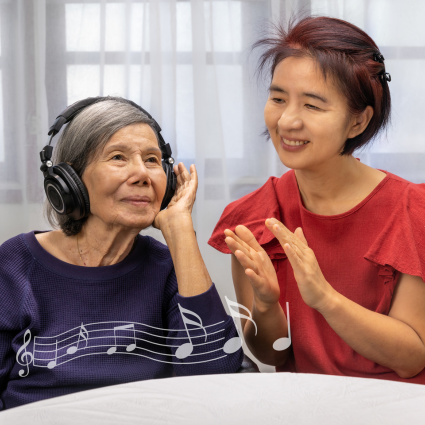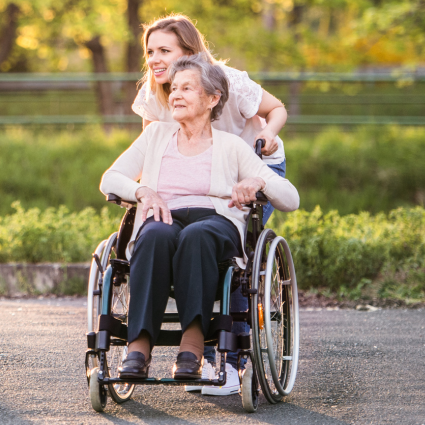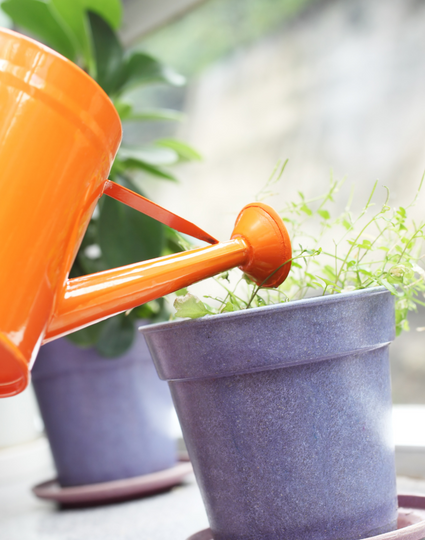For people living with dementia, finding and engaging in meaningful activities can provide a sense of purpose, cognitive stimulation, comfort, and an opportunity to remain connected with others.
caregiver support
The holiday season is a wonderful time of the year, but for caregivers it often comes with additional tasks and extra stress. Instead of peace and laughter, the season can be filled with tension and guilt. Read on for tips and tricks that can help ensure your holidays are filled with less stress and more joy.
Research conclusively reports that good nutrition and hydration for people with dementia is important in maintaining cognitive function as well as other bodily functions – furthermore, poor nutrition may exacerbate behavioral symptoms and cause weight loss.
Taking care of oneself isn’t a new concept. However, the term “self-care” changes the obvious concept and turns it into something intentional. It means taking the time to do things that help you live well and improve both your physical health and mental health.
The progressive nature of dementia means that caregivers experience a series of emotional stages as they witness the gradual decline of their loved one’s cognitive and functional abilities.
As people become older, the amount of help needed often increases. Sometimes, the amount of support needed becomes more than a caregiver can handle, or is capable of providing. It is during these times that it is important to remember that it’s ok to ask for help.
Along with cognitive decline, many individuals living with dementia will develop behavioral and psychological symptoms such as depression, anxiety, apathy, and delusions, among others. Both non-pharmacological and pharmacological interventions can potentially reduce these symptoms.
Relationships change over time, and when it comes to parents and their children, this feeling of “role reversal” is quite common. Adult children may find themselves “parenting” their elderly parent. This transition is challenging for both parties and may leave everyone involved feeling vulnerable and confused.
We all know the saying, “April showers bring May flowers.” These rain-filled days often mean being indoors and finding ways to stay active at home. From reading and listening to music, to sharing in household tasks, there are so many activities that you and a family member with dementia can enjoy together.
Montessori is an educational philosophy that can be applied to any age group. It focuses on individual development and meeting the person where they are. In older adults, the Montessori approach is primarily used to foster independence and a sense of self-worth.




